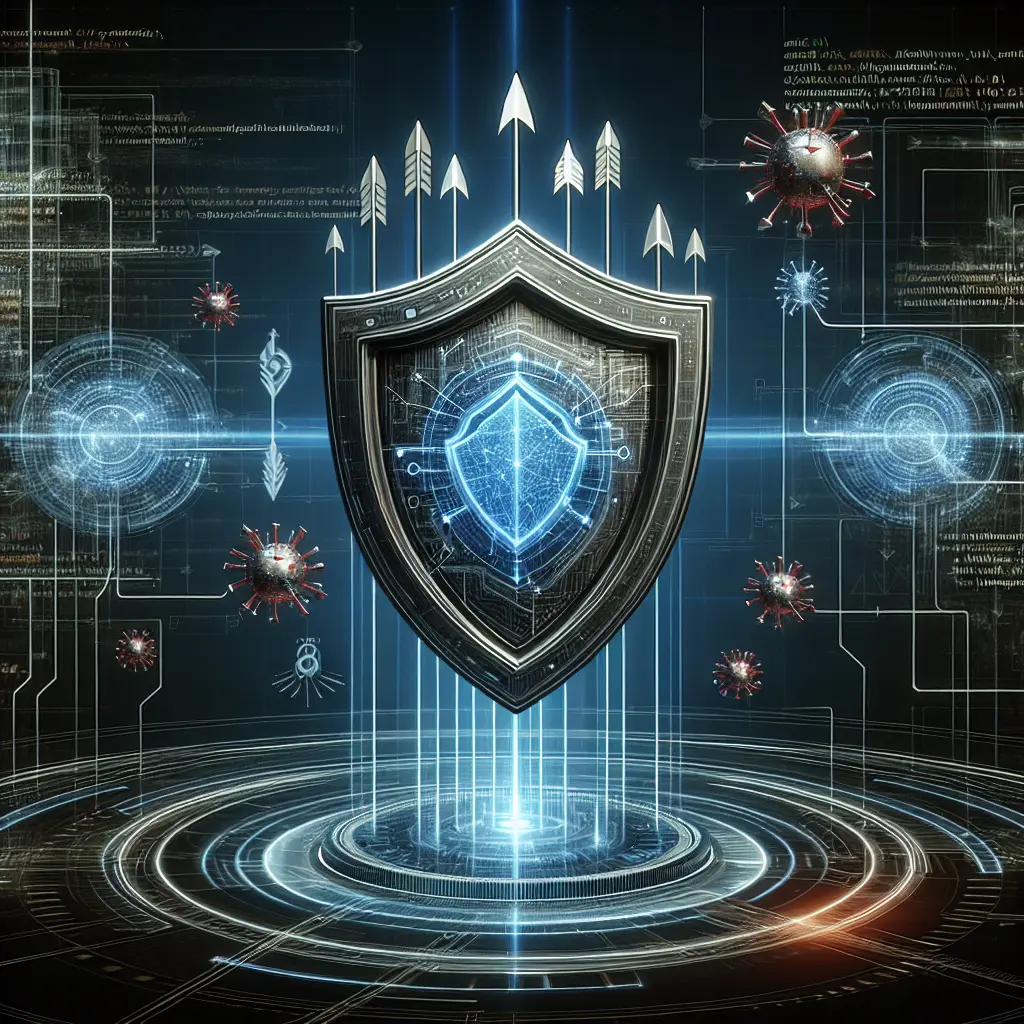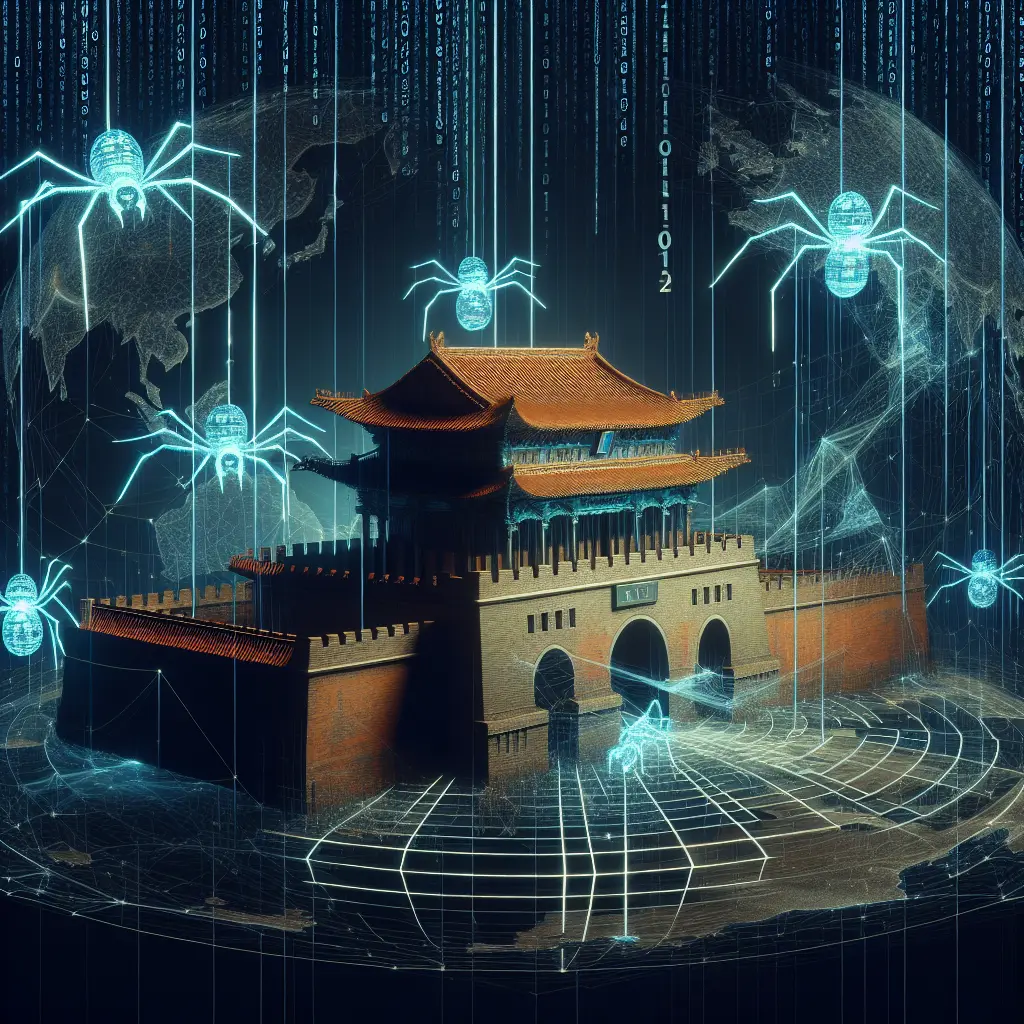The dawn of quantum computing is poised to reshape the entire landscape of cybersecurity.
As digital threats evolve and technology advances, cybersecurity professionals are now facing a new and unprecedented challenge: the rise of quantum computing. While this next-generation technology promises groundbreaking capabilities in computation and data analysis, it also introduces significant risks—particularly the ability to compromise today’s most trusted cryptographic defenses.
Quantum computers operate on principles vastly different from classical computers. They utilize quantum bits, or qubits, enabling them to process complex calculations at speeds previously unimaginable. This immense computational power holds the potential to solve problems in seconds that would take traditional computers millennia.
However, the same features that make quantum computing revolutionary also render it a serious threat to current security protocols. Many widely used cryptographic algorithms, including RSA and ECC (Elliptic Curve Cryptography), rely on the difficulty of certain mathematical problems—problems that quantum computers can potentially solve with ease.
Key Concerns for Cybersecurity:
- Breaking Existing Encryption: Algorithms like Shor’s algorithm could allow quantum computers to break the encryption standards that currently protect sensitive data across the internet.
- Data Harvesting Today, Decryption Tomorrow: Adversaries may collect encrypted information now, with the intent of decrypting it later when quantum capabilities become available.
- Widespread Vulnerability: Industries relying on digital trust—including finance, healthcare, government, and more—are especially at risk.
Preparing for Quantum Threats in Cybersecurity
Adapting to the quantum era means more than just staying informed; it requires proactive planning and innovation in cybersecurity strategies. Here’s how organizations can start preparing:
- Understand Quantum Risks: Evaluate which data and systems are most vulnerable to quantum-enabled attacks.
- Adopt Post-Quantum Cryptography: Begin transitioning to cryptographic algorithms designed to withstand quantum attacks. International standards bodies are already developing these new methods.
- Inventory Sensitive Data: Identify where sensitive or regulated data is stored and how long it needs to be protected.
- Collaborate Across Sectors: Engage with other organizations, industry groups, and government agencies to share best practices and threat intelligence.
- Invest in Talent and Training: Ensure that cybersecurity teams are educated on quantum computing trends and equipped with skills to handle emerging threats.
The Road Ahead: While fully capable quantum computers may not be widespread yet, the race is on. Forward-thinking organizations are already laying the groundwork to ensure their security measures remain robust in a quantum world.
Cybersecurity is entering a new frontier where adaptation and vigilance are more important than ever. By embracing innovation and preparing for what’s next, we can safeguard digital assets and maintain trust in our interconnected world.
The Future of Cybersecurity Starts Now
For a deeper look at the implications of quantum computing for cybersecurity, read more here.
Stay secure and stay ahead—because the future of cybersecurity starts now.










Leave a Comment